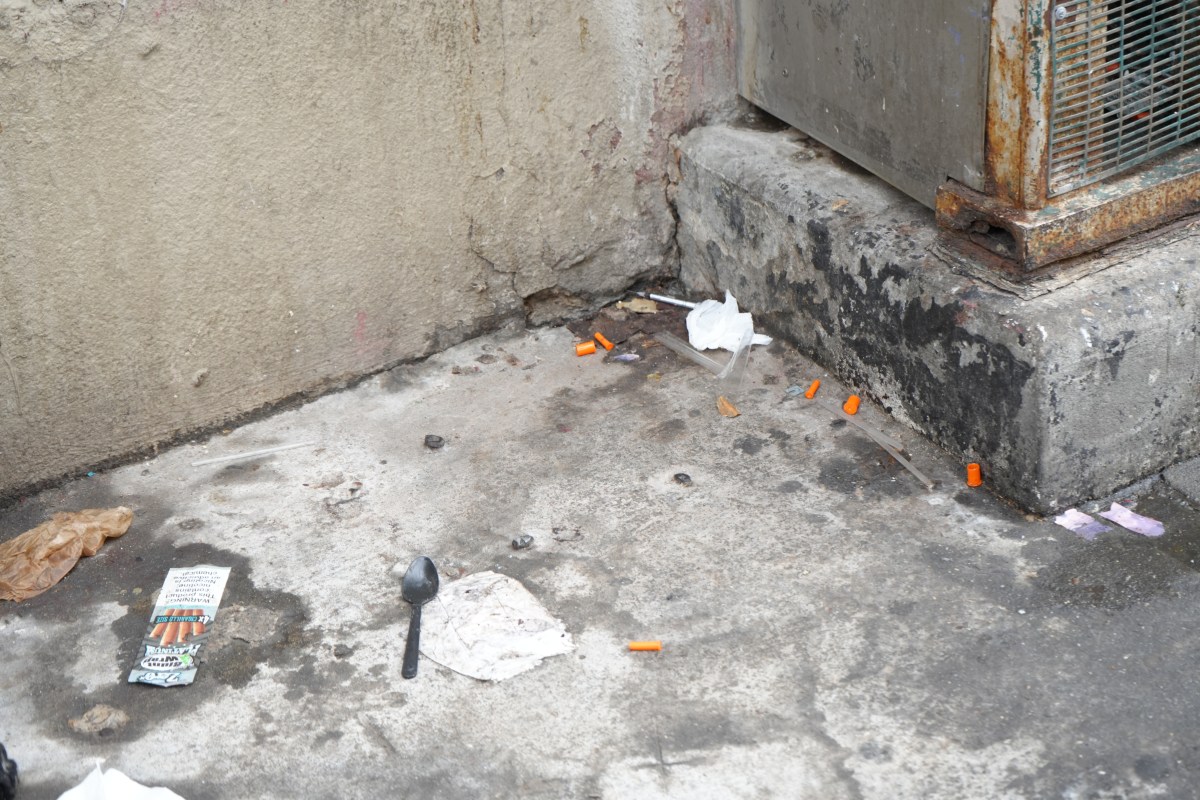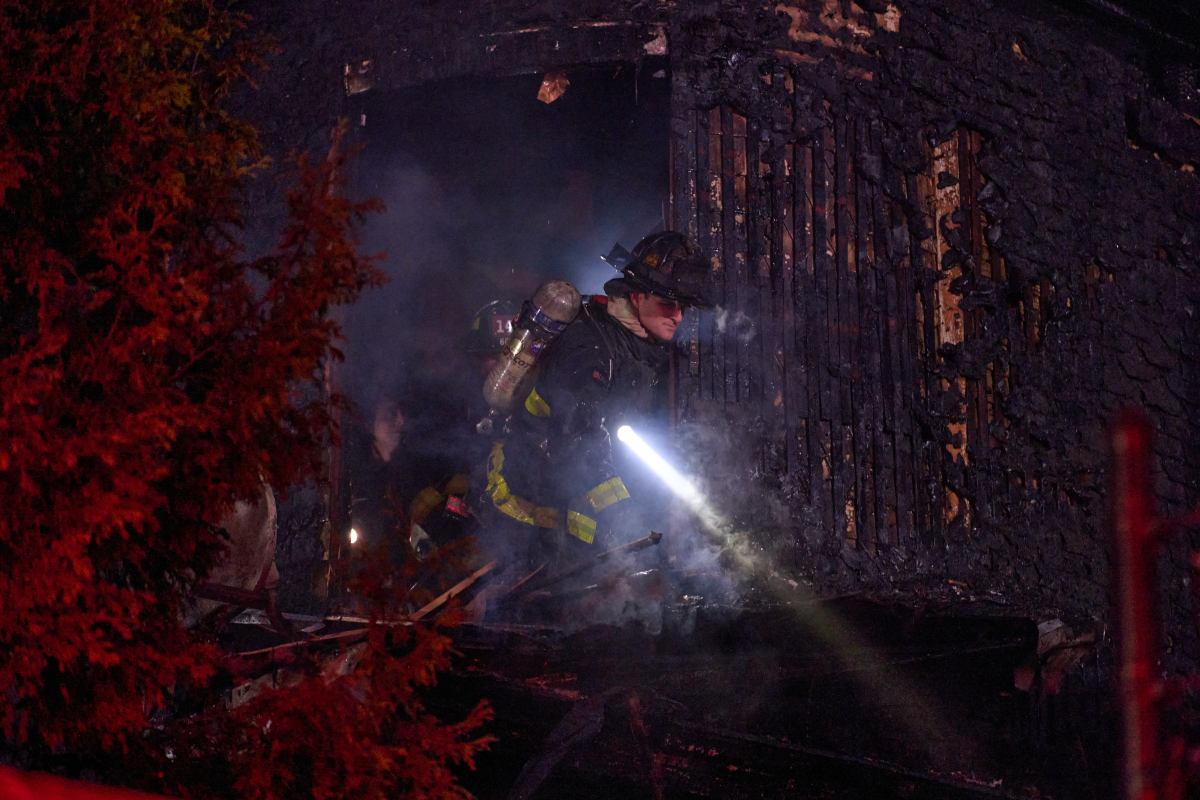PYEONGCHANG, South Korea — Besnik Sokoli didn’t let a lack of money, time to train or even the inability to qualify for the Winter Olympics keep him from coming to Pyeongchang.
The 36-year-old alpine skier and Kosovo War refugee who has lived in Brooklyn since 1999 still found a way to make it to the games — just not the way he initially hoped.
Sokoli, a building superintendent who trained using a ski machine in the basement of the DUMBO apartment building where he works, aspired to compete in men’s downhill for Kosovo, his native country. He started preparing for the Olympics only eight months ago, after not skiing since childhood, and his story of grit and determination went viral. Although he didn’t qualify for the team, the Kosovo Ski Federation invited him and his wife, Flutura, to South Korea as guests.
“I’m not feeling down,” Sokoli told amNewYork. “I’m not feeling blue at all that I didn’t get to walk in [at the opening ceremony] or race. I’m extremely motivated.”
Motivated, he said, to prepare for the next Winter Olympics in Beijing, when he will be 40. He doesn’t make excuses for himself, and he certainly doesn’t understand the skiers who lose ambition for reasons he deems trivial — nearly anything can seem trivial to a man who survived street violence in war-torn Kosovo.
“[They’re] not getting stabbed or shot like I did,” Sokoli said of those athletes. “Just because you trained so hard and you want to do this and yet you’re not first, but you’re 10th? You’re still in it, man.”
Sokoli said that watching the Kosovans walk out at the opening ceremony was “pretty darn cool,” but that wasn’t the best part. For him, it was the emails, Facebook messages and Instagram DMs — all of the digital correspondence from supporters worldwide.
One of those messages came from a group of South Korean teenagers, who considered starting a clothing line but were too afraid to embark upon the venture. After reading about Sokoli’s story, they gave it a shot. The four boys made the trip from Seoul to visit the Sokolis in Pyeongchang and gifted them special Kosovan flag editions of their latest sweatshirt design.
“I was always trying to help people, no matter what,” Sokoli said, “[because] I know what I’ve been through.”



































